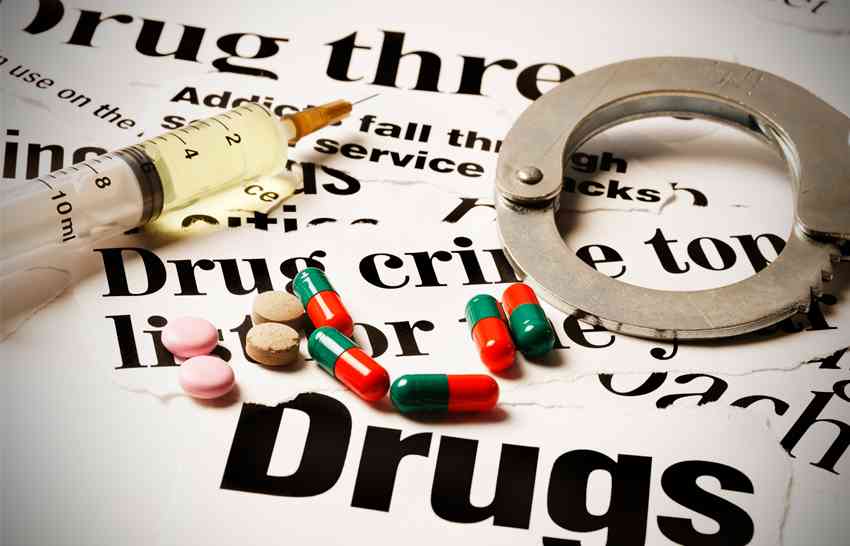
A POLICY expert has criticised Zimbabwe’s punitive approach to drug use, arguing that criminalisation exacerbates rather than resolves the nation’s growing substance abuse crisis.
In a statement on reframing drug policy, Wilson Box, a development specialist with extensive experience in drug policy reform and harm reduction, described the current situation as a public health emergency requiring urgent intervention.
“Drug and substance abuse has become a silent epidemic in Zimbabwe, devastating lives, families and communities, particularly among the youth,” Box said.
“Faced with unemployment, trauma, poverty or peer pressure, many young people turn to harmful substances like crystal meth and heroin, only to be trapped in a cycle of addiction.
“Instead of receiving support, they are treated as criminals, leading to incarceration, stigma and shattered futures.”
According to national police spokesperson Commissioner Paul Nyathi, 7 991 people were arrested on drug-related charges between January and mid-2025.
Yet only 994 were suppliers, meaning nearly 7 000 were detained for personal use.
“These figures expose the failure of Zimbabwe’s law enforcement-centred strategy,” Box said.
- Africa has world's highest suicide rates - WHO
- Gambia police link child deaths to cough syrup imported by U.S. firm
- COVID disrupted measles vaccinations in Africa and now cases are surging
- Ebola vaccine candidates arrive in Uganda for trials
Keep Reading
“Mass incarceration, overcrowded prisons and social exclusion do nothing to address the root causes of addiction.”
Box emphasised that punitive measures deter users from seeking help, isolate them from society and create lifelong barriers to employment, education and basic rights.
Box urged Zimbabwe to shift its perspective, treating drug use as a health issue rather than a crime.
“Drugs have destroyed many lives, but wrong government policies have destroyed many more,” he said, citing Portugal’s successful model, which lowered drug-related deaths and improved access to care.
“Decriminalisation reduces stigma and encourages treatment.”
Harm reduction strategies — such as needle exchanges and opioid substitution therapy — are endorsed by the World Health Organization (WHO) and could curb the spread of HIV and hepatitis among injecting drug users.
For Zimbabwe, where HIV remains a priority, such measures are critical.
Data from the Zimbabwe Civil Liberties and Drugs Network (ZCLDN) shows drug use among young people surged from 43% in 2017 to over 57% by 2019.
Box insisted systemic reform is needed despite recent government efforts, including President Emmerson Mnangagwa’s anti-drug campaign.
“Without addressing the underlying drivers of addiction, enforcement alone will fail,” he warned.










